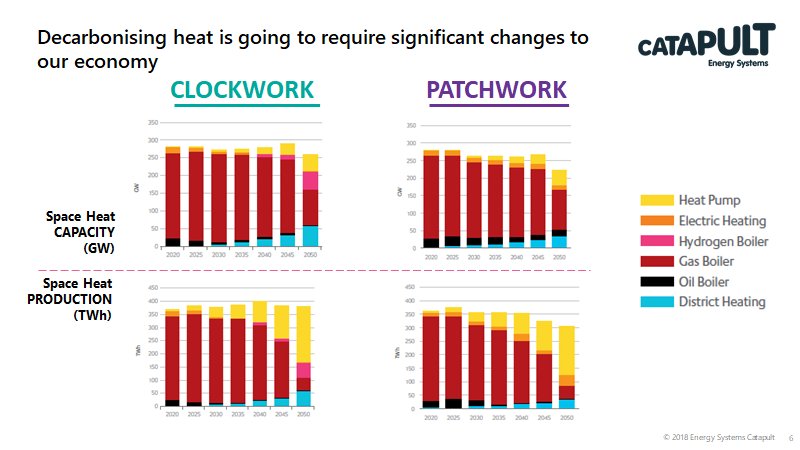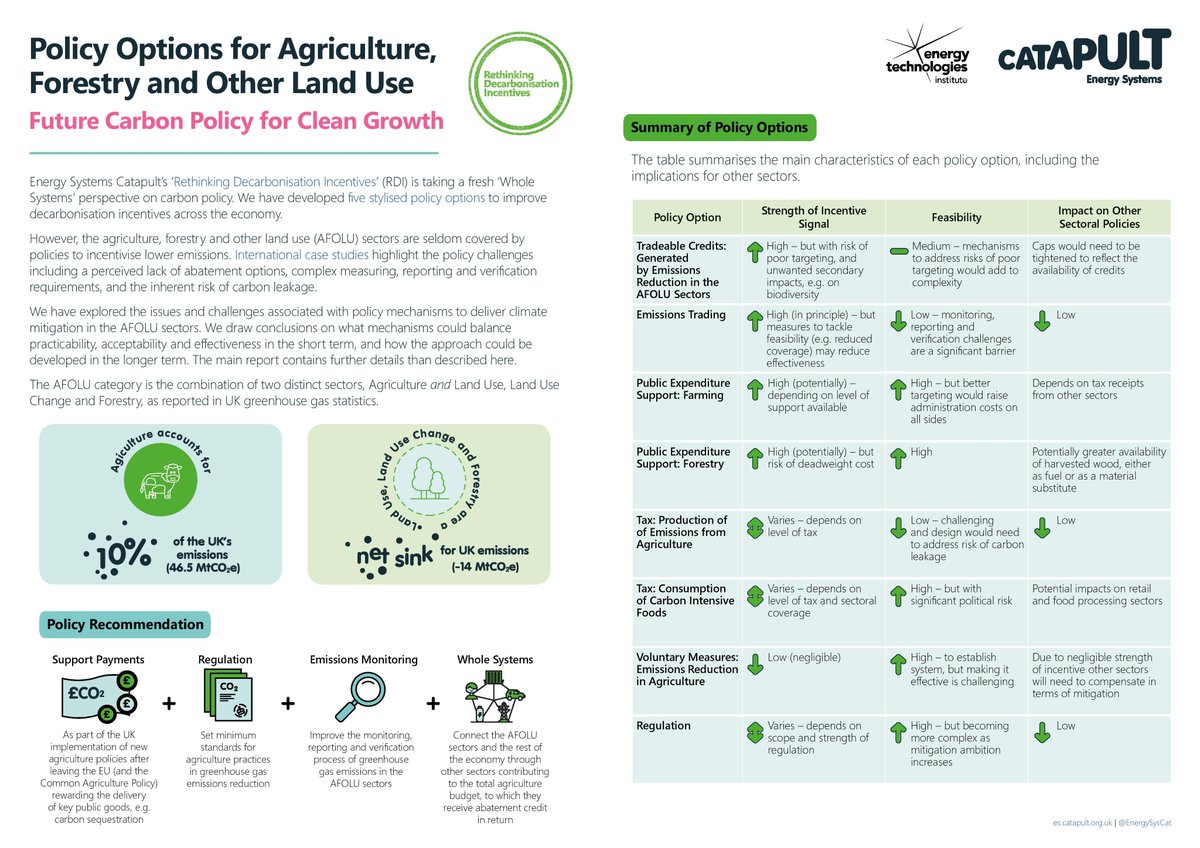Different parts of the country have very different heating and energy systems. We need to understand those conditions to understand what technology fits a particular area's characteristics.
What about an obligation on suppliers to reduce emissions over time?
@beisgovuk release of its work on improving the evidence base for low carbon heat is a huge step forward, gov.uk/government/pub…
Let me know what we are getting wrong and what I have missed (as if you need an invitation)….




